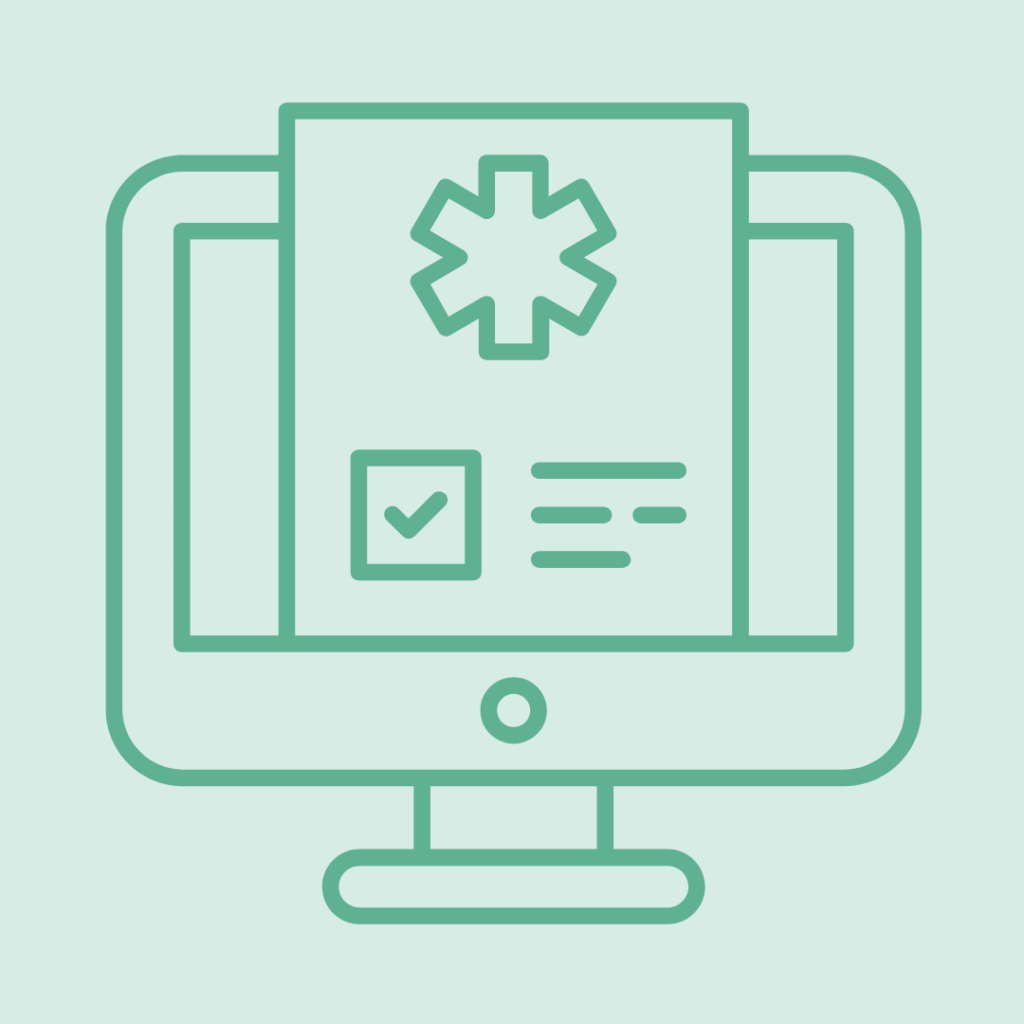Sexually Transmitted Infection
6am - midnight, 7 days a week
Accessible from anywhere in Australia.
eScript in minutes
Medication delivery

What is an STI?
A sexually transmitted infection (STI) is an infection acquired through sexual activity. One in six Australians has experienced a significant STI at some point in their lives, making it essential to understand the risks and how to prevent them to maintain good sexual health. Most STIs can be identified through a simple blood test. If you’ve had unprotected sex or suspect you may have an STI, it’s important to consult a doctor for proper diagnosis and treatment.
Sexually Tansmitted Infection Treatment Options

Online Prescriptions
- For when your script has run out
- Script sent to your phone
- Doctor approved

Telehealth Consultations
- When you need to speak to a doctor
- Online, Video & Phone Call or Message
- Fast access to medical advice
Medical Certificates
- For when your script has run out
- Script sent to your phone
- Doctor approved

Sexually Transmitted Infection Symptoms
Sexually transmitted infections (STIs) can present a variety of symptoms, although some individuals may remain asymptomatic. Common symptoms include unusual discharge, genital itching, sores, or pain during urination or intercourse. Additional signs may include rashes, swelling, or flu-like symptoms such as fever or fatigue. Without timely diagnosis and treatment, STIs such as chlamydia, gonorrhea, syphilis, or herpes can progress, causing more severe health issues and complications.
Dangers of Sexually Transmitted Infections
If left untreated, STIs can lead to serious long-term health consequences. They may cause pelvic inflammatory disease (PID), infertility, chronic pain, or complications during pregnancy. Certain infections, such as HIV, can severely weaken the immune system, increasing the risk of other illnesses. Additionally, untreated STIs can be transmitted to others, perpetuating the cycle of infection. Early detection, safe sexual practices, and access to appropriate medical care are critical to managing and preventing STIs and their associated risks.

Need a Specialist Referral?Get Yours in a Few Simple Steps!
Skip the long clinic waits and get referred to a specialist in minutes. The process is fast, secure, and simple.
- Quick access to specialist referrals – no in-person appointments needed
- Telehealth consultations with trusted, licensed doctors
- Fast, reliable service – referrals sent directly to your chosen specialist
- Convenient and affordable healthcare from your home
- No hidden costs – just simple, upfront pricing
Frequently
Asked Questions
Symptoms vary depending on the infection but may include unusual discharge, pain during urination or sex, sores or bumps on the genitals, itching, or flu-like symptoms. Some STIs, like chlamydia or HPV, may not cause noticeable symptoms, which makes regular testing important.
STIs are primarily transmitted through unprotected sexual contact, including vaginal, anal, and oral sex. They can also spread through sharing needles, from mother to baby during childbirth, or, in rare cases, through blood transfusions or close skin-to-skin contact.
Many STIs, like chlamydia, gonorrhea, and syphilis, are treatable with antibiotics if detected early. Viral STIs, such as herpes and HIV, can’t be cured but can be managed with medications to reduce symptoms and prevent complications.
Using condoms consistently and correctly during sexual activity is the most effective way to prevent most STIs. Regular testing, limiting the number of sexual partners, and maintaining open communication with partners about sexual health can also reduce the risk. Vaccines are available for certain STIs, like HPV and hepatitis B.
Untreated STIs can lead to serious health complications, including infertility, pelvic inflammatory disease (PID), chronic pain, and an increased risk of contracting or transmitting HIV. Some untreated infections, like syphilis, can cause life-threatening conditions over time.
Anyone who is sexually active, particularly those with new or multiple partners, should get tested regularly for STIs. Routine testing is especially important for individuals under 25 or those who don’t always use protection during sex.

